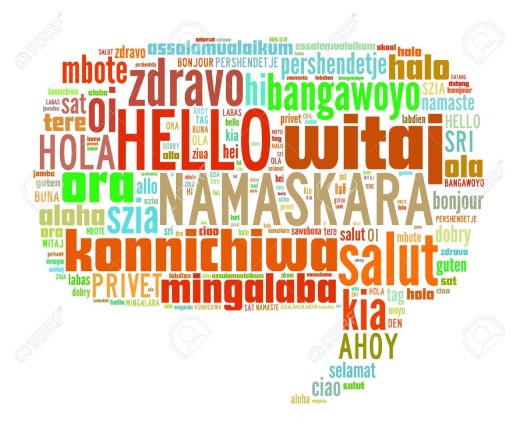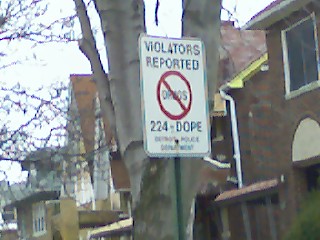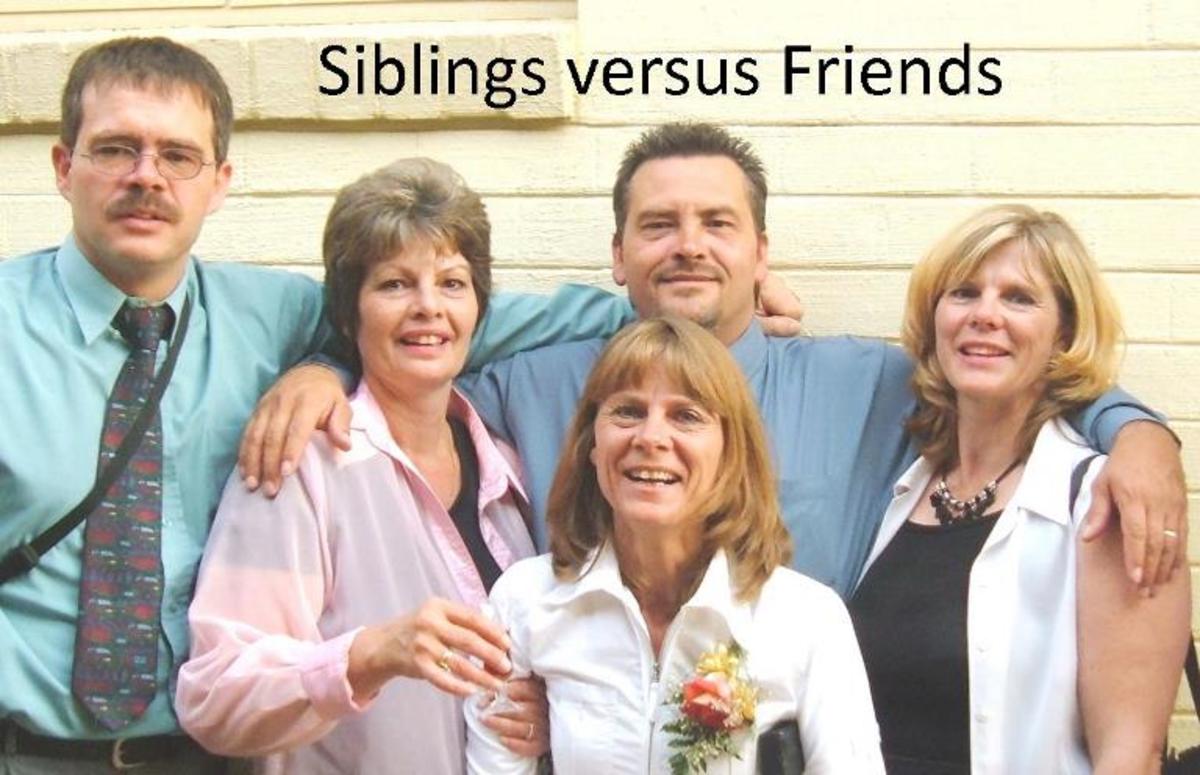Grammar vs. Language

I know the title may confuse some, simply because in the English dictionary, the two terms work together: Grammar - rules for language; language - the speech of a country, region, or group of people, including its vocabulary, syntax, and grammar.
But today, we are seeing more of the two being used in a completely separate entity; grammar has no home in some conversations that are used in everyday talk, giving a leadway to the language spoken between two friends. I noticed the 'split' as a group of my associates voluntarily joined in on a conversation that my family and I were having. It was quite hilarious as I glanced at my college roommate to find her in awe at some terms that were being thrown around by one of my cousins. She just didn't get the way he added prepositions in places that would surely fail him in any scholastic test. But we, his family, understood perfectly what he was stating, and even had a reply filled with out of place nouns, pronouns and verbs.
The Monster In Our Thumbs
Has texting "dumb-ified" our society?
Keeping my laughter tightly on my lips, I paused the conversation to ask her if she knew what he was talking about, and of course she shook her head to say 'no'. But in defense, she stated that she knew what he was 'trying to' say, but didn't understand how he was saying it ... "Well, did any of you understand what she was saying?" I asked the others, and of course they hadn't. To respect the makeshift social group, I'll keep the statement out of this write, but my cousin was stating that he was 'gone whoop his buddy's "butt" in a game of cards'. Needless to say, my roommate heard some terms that could have meant that he was angry, or was in pursuit to be violent. Okay, I cannot help it, I have to share the statement with you so you can see the same picture I did - cousin: "Dog, I'm 'gone' beat 'dat a** wit some spades, tonight!" Okay, I said it, I hope I haven't broke any rules on here with it.
Spades, Anyone?
view quiz statisticsCommunication ...With Borders?
On a basis, some people may not 'get' that statement right off to mean that a card game of Spades will be played later, and that my cousin had plans to be the victor. It may not be that hilarious to others, but it was a side splitter for me ... I guess you had to be there.
That very moment had my mental wheels turning around the fact that there just may be a split or a difference between grammar and language. Grammar is used to perfect the language spoken while communicating, right? Well, can that be said about the languages spoken between friends, families or even co-workers? Is it 'proper' to always use 'good' grammar when speaking a language that only you and someone close to you use?
I ask these questions because of the instances I've noticed when out and about in the city, where I see signs for McDonald's, gas stations, job postings and so forth. Now, when I see these advertisements, I ask myself if the person who applied the copy for the ads are either poorly educated, or just have a certain type of language that their patrons recognize or can relate to. For example, look at this listing for homes on sale (note the writing):

But then I looked for the seller's information, and low and behold it was someone who graduated with me! I had to do a doubletake on the name, and it was him alright. This guy wasn't in my honors class, but he did graduated. So, you would think he'd know how to spell 'they'. Maybe he wasn't the one who wrote it, maybe he was, and was in a rush ... the questions started pouring in. I couldn't grasp why an educated person would make a simple mistake like mispelling a four-letter word.
But there are simple 'splits' in all forms of signs, ads or notifications. Another example of grammar vs. language was found while my assistant and I rode through the neighborhoods looking for newsworthy action. We stopped at a stop sign in our neighborhood, and placed below the stop sign, was this sign:

Universal Language - Or, Not?
Okay, I fully understand the red circle with 'drugs' crossed out, meaning "no drugs". But further down, the number stumped me. Why would an official sign use the term 'dope'? For anyone who doesn't know what 'dope' actually is in the streets, would feel that this number can be used for different reasons other than calling the law on drug dealers. Talking more about the sign, well, more than less, joking about the irony of the sign, my assistant and I came up with hilarious ways of seeing this sign as inappropriate. "Could it mean ['no drugs' symbol] that we'll be charged for having aspirin? Prescribed medications? ... our taunting list carried on as we proceeded home. But it makes one wonder why certain terms are used, and when did our grammar turn so informal?
The Slow Death of "Correct" Grammar
Okay, I fully understand the red circle with 'drugs' crossed out, meaning "no drugs". But further down, the number stumped me. Why would an official sign use the term 'dope'? For anyone who doesn't know what 'dope' actually is in the streets, would feel that this number can be used for different reasons other than calling the law on drug dealers. Talking more about the sign, well, more than less, joking about the irony of the sign, my assistant and I came up with hilarious ways of seeing this sign as inappropriate. "Could it mean ['no drugs' symbol] that we'll be charged for having aspirin? Prescribed medications? ... our taunting list carried on as we proceeded home. But it makes one wonder why certain terms are used, and when did our grammar turn so informal?
Another point to add to this, would be how the use of computer language and 'text-talk' has taken our traditional grammar and language, and changed it to acronyms, abbreviations and altogether different forms of language. I'm finding myself feeling like I've been asleep for some years, to wake and discover a completely different world, with a completely different set of rules and game players. Have I lost it, or has the general practice of having good grammar disappeared?






